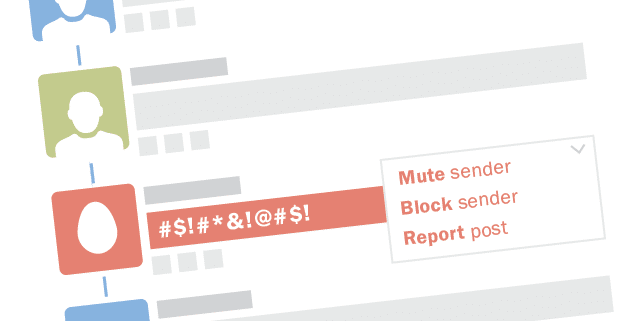One problem with media today is that there is a huge conflict of interest that lies within the industry as a whole. Most of the time it becomes less about submitting the content and more about delivering the bias. That is why more and more readers, viewers, and listeners have been put off by the mainstream media. As a result, they have veered to more prominent online platforms and webpages The Doe. This rise in popularity amongst alternative news outlets has led the way to a form of content creation via anonymity.
Anonymity has proven to be a powerful tool in content creation. The most reason example has to be the infamous QAnon incident that rocked former President Trump’s presidency. A reason why QAnon got to be so huge was because of the anonymous factor that paved the way for its growth. Readers and followers of QAnon focused less on the provider of the content, and more on the content itself. They dissected it, nitpicked, and took it partly, trying to understand the meaning behind it and verify the validity of it. When they did discuss the source of the content, it was always in an attempt to unmask their identity and motives.
This sort of activity bolsters the content creation and content sharing process. It gets the reader re-involved in the process of reading news, sharing it, discussing it, and so and so forth. It also paves the way for discourse and allowing people to discuss the news they read, instead of simply accepting it because it came from a “credible” source. That was the problem with mainstream media, and that is a problem anonymous content may solve if seen all the way through. Allowing anonymous media to grow can be the first start to solving the media crisis suffered all over the world.












